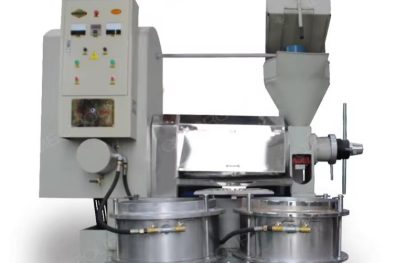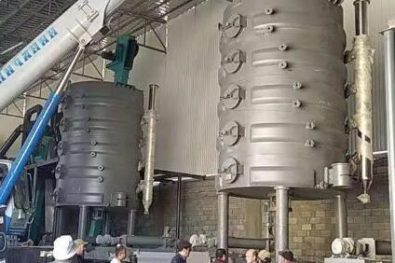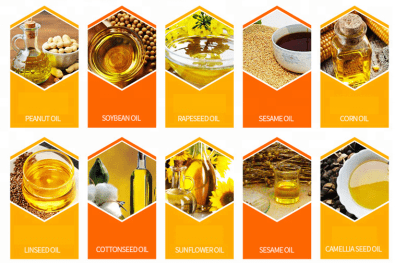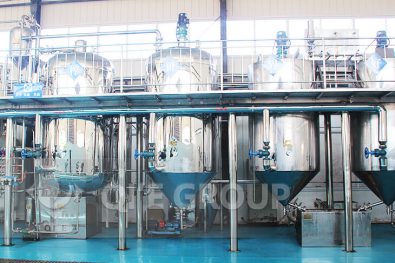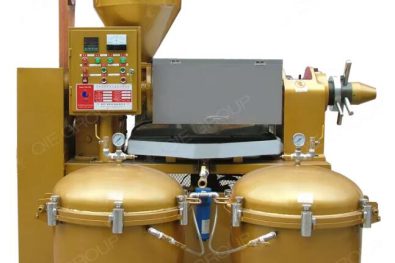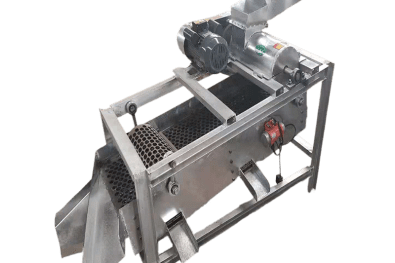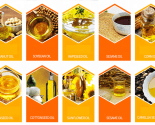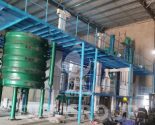Hot-pressed peanut oil processing equipment operates based on a thermal process to extract oil from peanuts. The main principle involves heating the peanuts before pressing to improve oil yield and quality. Here’s an overview of the process:
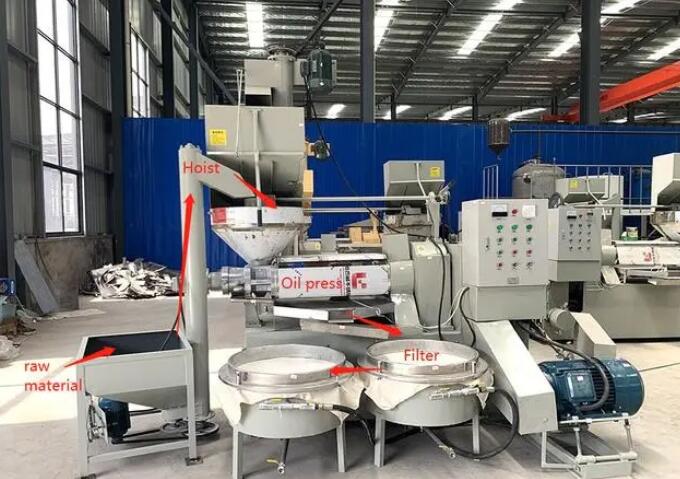
1. Cleaning and Sorting
Cleaning: Raw peanuts are cleaned to remove impurities like dirt, stones, and other debris.
Sorting: The peanuts are sorted to ensure uniformity in size and quality, which helps in achieving consistent oil extraction.
2. Shelling
Shelling: The peanuts are shelled to remove the outer husk, leaving behind the kernels which contain the oil.
3. Roasting/Heating
Roasting: The shelled peanuts are roasted or heated at a controlled temperature. This step is crucial as it helps to break down the cell structure, allowing for easier oil extraction.
Moisture Control: The roasting process also reduces the moisture content of the peanuts, which helps in improving oil yield and quality.
4. Pressing
Oil Pressing: The roasted peanuts are fed into the oil press machine. The machine applies mechanical pressure to the peanuts, squeezing out the oil. The heat from the roasting, combined with the mechanical pressure, allows for more oil to be extracted compared to cold pressing.
Oil Filtration: The extracted oil is often passed through filters to remove any solid particles or impurities.
5. Oil Collection
Oil Collection: The filtered oil is collected in storage tanks or containers. This oil may be further refined, depending on the desired quality and purity.
6. By-product Processing
Peanut Cake: The solid residue left after oil extraction, known as peanut cake, can be used as animal feed or in other industries.
Key Points of Hot Pressing:
Increased Yield: The heating process helps in breaking down the peanut cells, leading to a higher oil yield.
Enhanced Flavor: The heat enhances the flavor and aroma of the peanut oil, making it more desirable for culinary uses.
Nutrient Retention: While hot pressing may result in the loss of some heat-sensitive nutrients, the overall nutritional value remains high.
Stability: Hot-pressed oil generally has better oxidative stability, meaning it has a longer shelf life compared to cold-pressed oil.
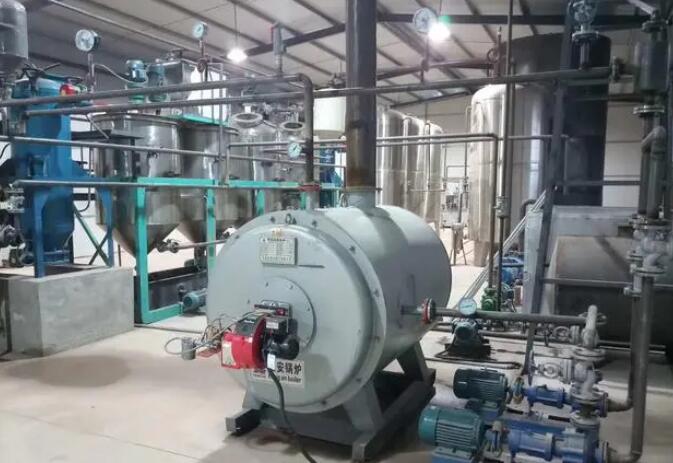
This process is commonly used in commercial peanut oil production where high yield and flavor are prioritized.

